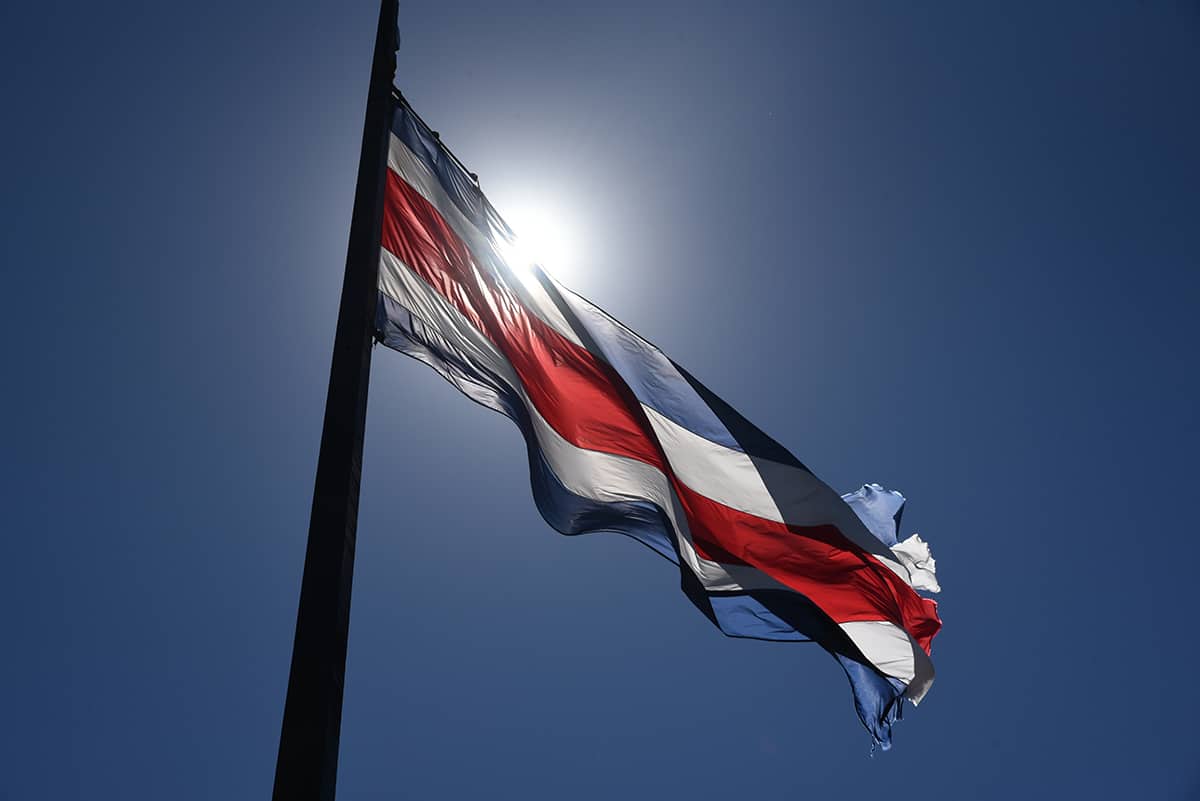The debate “was of value for the minority candidates, but it was just a window, it was not defining moment for the voters. (…) We must consider that the last campaigns were defined at the end of the electoral process”, said Alejandro Molina, research assistant of the Observatory of National Politics (OPNA).
The meeting, organized by the Supreme Elections Tribunal (TSE) and broadcasted by the state channel, Sinart, had the candidates divided in four groups which debated between January 9 and 12.
The election will take place on February 6 and the next debates, in a campaign with a record number of candidates, will have only those candidates that are leading in the polls and will be organized by private companies.
For political analyst Eugenia Aguirre, “the topics that raised the most interest were economic and corruption issues”.
Presidential Favorites
According to the last CIEP-UCR national survey carried out in December, former president José María Figueres, of the National Liberation Party (PLN), and former vice-president Lineth Saborío, of the Social Christian Unity Party, lead the voting, with 17.2% and 15.1%, respectively. This would put them face to face on a ballot in April.
Figueres, president from 1994 to 1998, was accused by his opponents of having charged $900,000 dollars for a consultancy to the telephone company Alcatel when he was executive director of the World Economic Forum in Switzerland, and not declaring it.
His rivals accused him of not returning to the country for ten years, until the statute of limitations expired.
“Figueres and Saborío came to the debates knowing that the attacks were going to be concentrated on them and showed a conservative approach, not at an ideological one, but at a strategic one, in an attempt to come out with the least amount of damage possible”, analyzed Molina.
The PLN and the PUSC are the two parties with the longest tradition in Costa Rica, before the ruling Citizen Action Party (PAC) broke, in 2014, a 32-year bipartisanship.
The current ruling party candidate, Welmer Ramos, barely reaches 0.5% in the polls.
The other candidates that are in contention, according to CIEP-UCR, are Fabricio Alvarado (Nueva República), with 6.9%; José María Villalta (Frente Amplio), with 6.8% and Rodrigo Chaves (Partido Progreso Social Democrático), with 6.2%. None of the other 20 candidates exceeded 1.7%.






